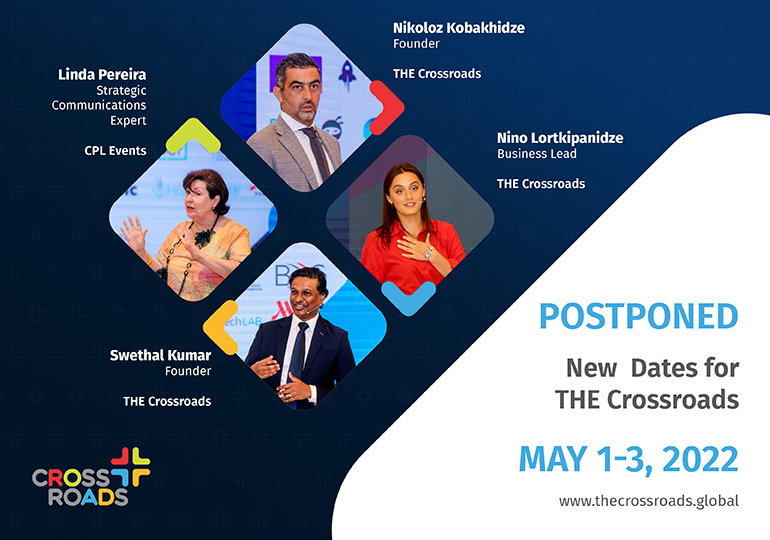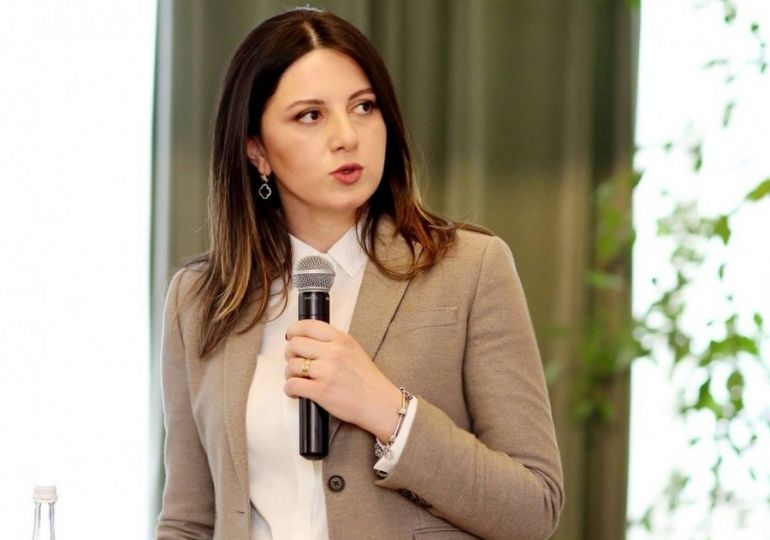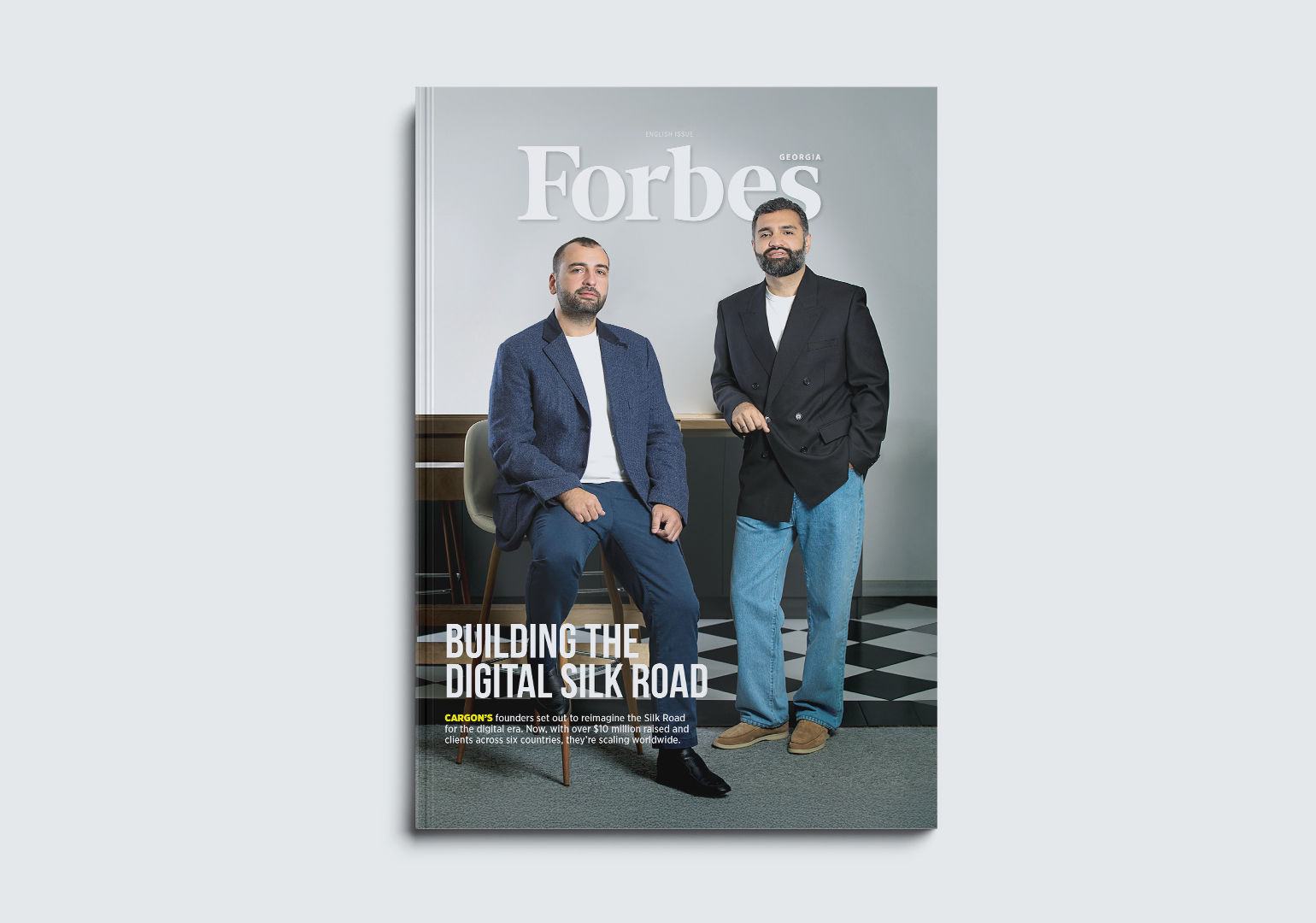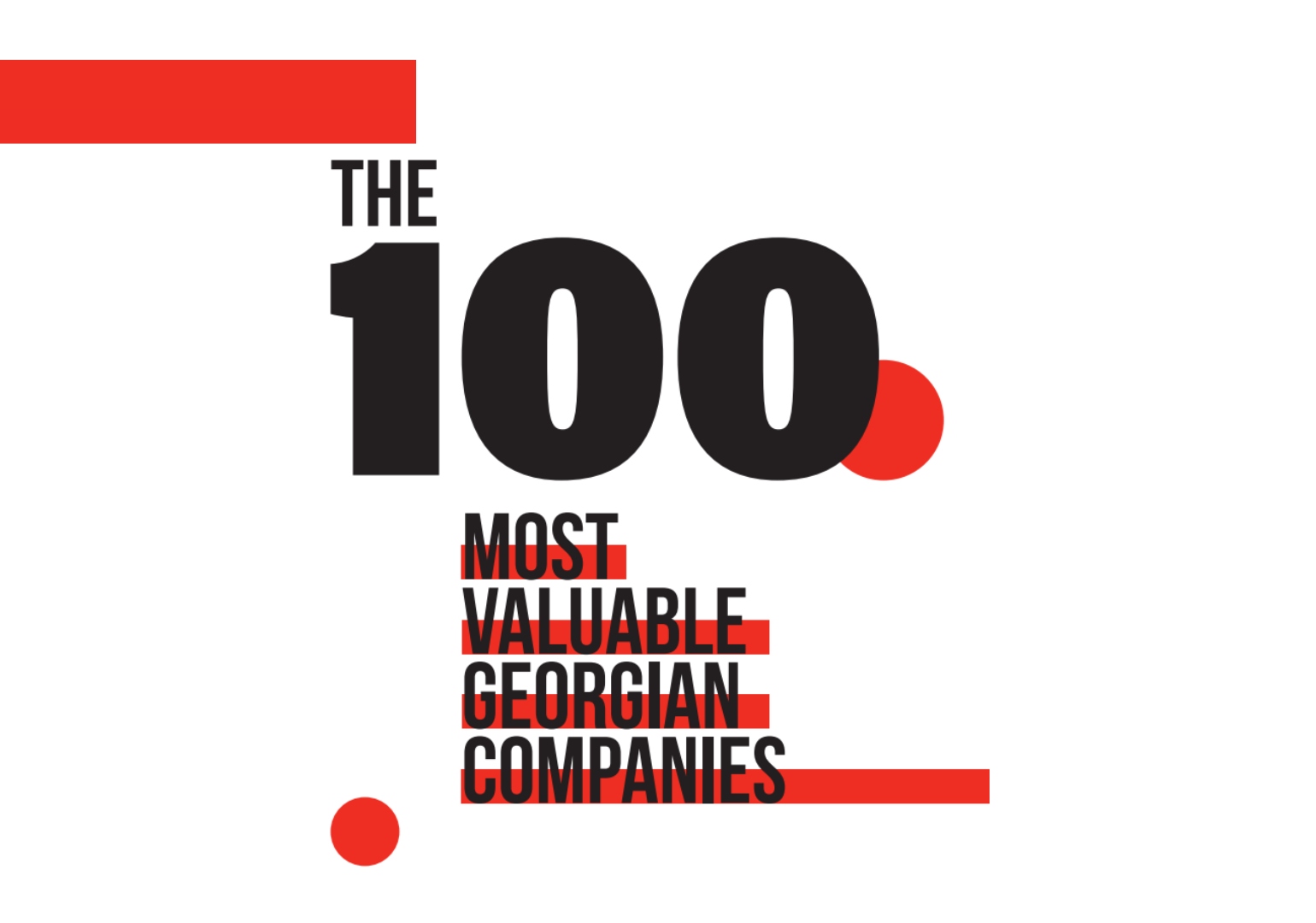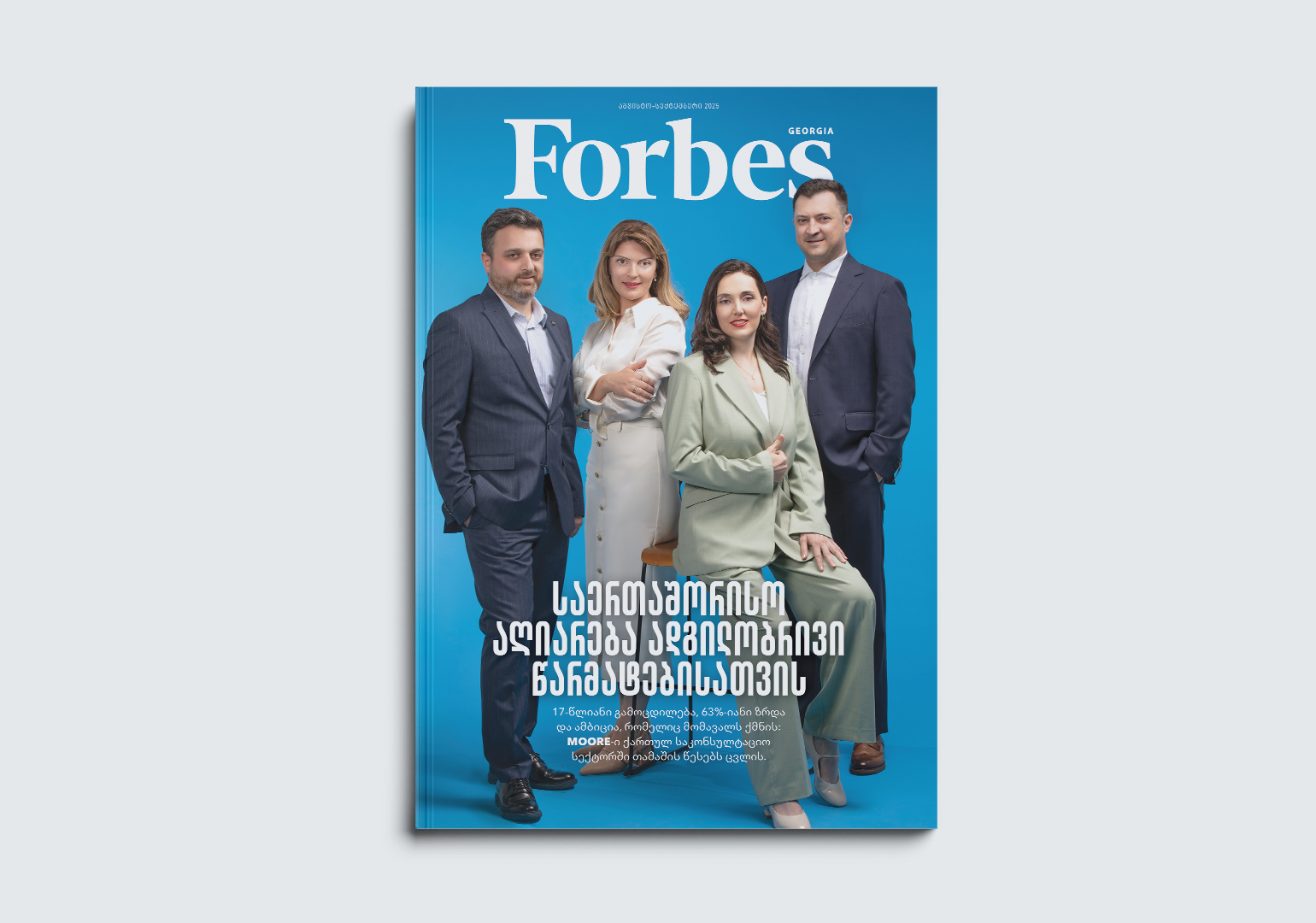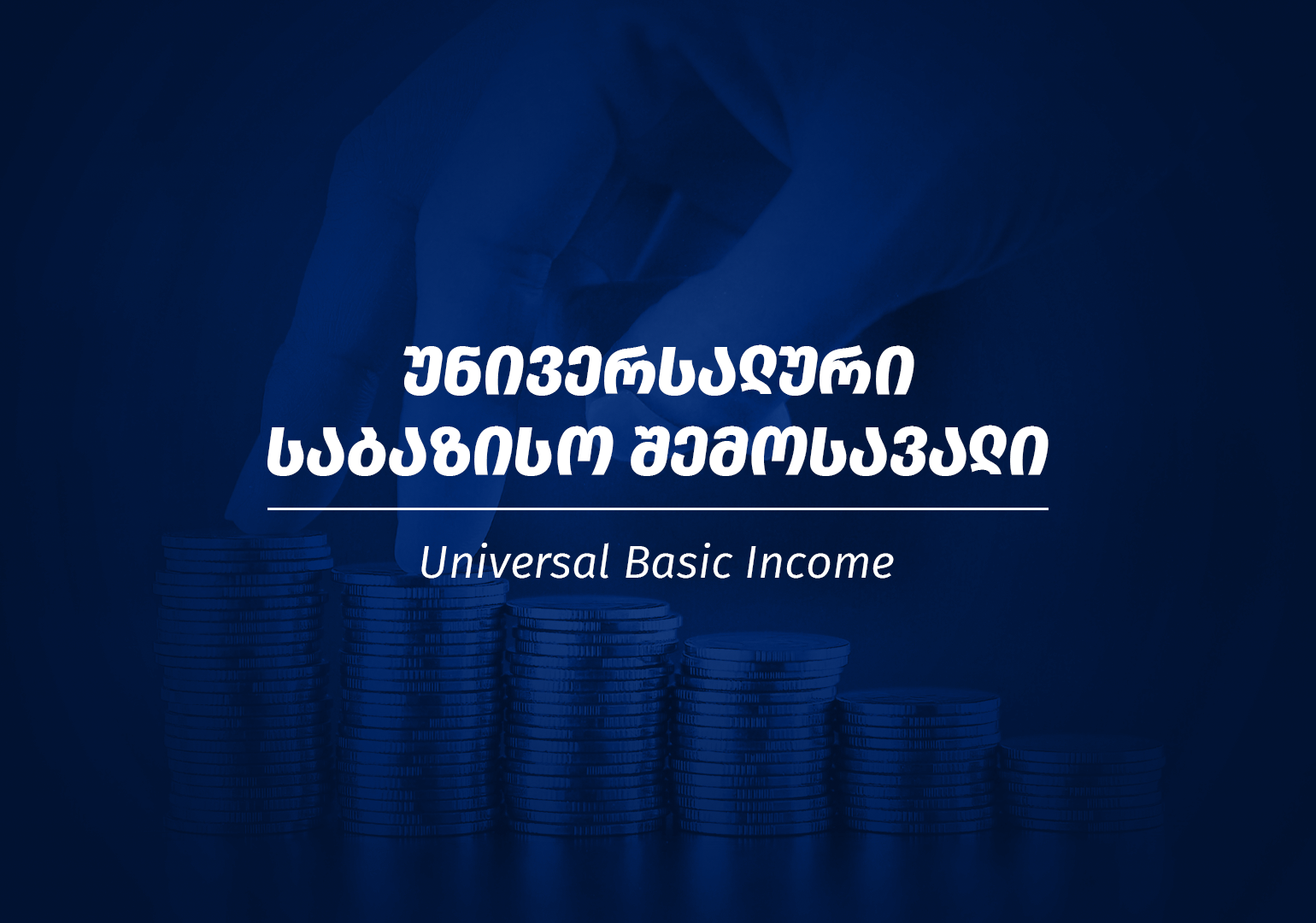Women’s empowerment is on the agenda of almost every country. There are countries renewing and developing this direction, and there are others new to the theme and just taking their first steps in empowering women. Strong women means a strong economy and the role of women is becoming increasingly significant with each passing day. Of course, lots of challenges remain, so many countries hold various conferences and panel discussions in this regard. One of which was the Wilton Park Conference, which responded to the need for empowering women. I had the honor to participate in this conference among representatives of 26 countries – both men and women. Obviously, I was not able to interview everyone. However, I tried to cover as many interesting correspondents as I could.
Olivia Murphy Assistant Programme Director, Wilton Park | Wiston House
What is Willton Park and what was the aim of the Taking Forward the Women’s Economic Empowerment Agenda?
Wilton Park is an executive agency of the UK Foreign and Commonwealth Office, organizing over 60 events a year on issues of international security, prosperity and justice.‘Taking Forward the Women’s Economic Empowerment Agenda’ is the fourth in a series of events we have run focusing on women’s economic empowerment. Each event hopes to build upon the last in providing a space for creative networking, ideas brainstorming and planning for future projects that aim to empower women. This most recent event used the reports from the UN Secretary General’s High Level Panel on Women’s Economic Empowerment as a common thread to provide understanding and to drive the discussion, whilst also building in space to consider how the report can be used in different countries and contexts. This year we hosted participants from a wide range of backgrounds – and 26 countries! Everyone left on a real high – and a whole host of ideas and commitments.
Margo Thomas Ph.D. Founder and CEO, Women’s Economic Imperative
What will be outcome of this conference?
The outcome of the Wilton Park meeting should be viewed on two levels. First, it should be viewed through the sharing of information on the systemic barriers to women’s economic empowerment, the discussion of ideas and recommendations for change, and the commitments to concrete action made by the various participants. In summary, the meeting engaged a broad range of constituents from 26 countries around the world to commit to specific actions in terms of their personal lives, professional and community networks, and institutional capacities.
Second, the meeting should also be viewed through the building of a network of champions and a collaborative platform to support us as we take the agenda forward. The Women’s Economic Imperative (WEI) committed to building and supporting the platform – the WEIForward. Therefore, we established a working group and have started to implement this initiative. In addition, we resolved to report on the progress made on our respective commitments so that we can report back periodically.
What were the major recommendations delivered by the various working groups and where can it be reflected?
The working groups were organized around the three pillars of the discussion:
- The adverse norms that impact women’s economic participation – challenging discriminatory beliefs and practices;
- Entrepreneurship, financial inclusion, and digital inclusion – targeting the challenges and opportunities for women-owned and women-led enterprises; and
- The care economy and domestic work – recognizing, reducing, and re-distributing unpaid work and care.
As noted in my blog published on December 6, 2017 (see: margothomasphd.com), “an overview of the participants’ recommendations and commitments to action under each of the pillars covers a broad spectrum, ranging from the personal to institutional and the substantive to the aspirational:
- The personal – resolving to engage in difficult family conversations to challenge cultural practices that exploit disadvantaged young girls and boys in domestic servitude.
- The institutional – championing policy changes and government budget allocations to support women’s economic empowerment initiatives and changing the gender representation and culture within institutions.
- The substantive – advocating for more governments to adopt and implement the Domestic Workers Convention.
- The aspirational – #ThePowerofOne, powering a movement for transformational change. To paraphrase Queen Elizabeth, “Sometimes the world’s problems are so big we think we can do little to help… but the cumulative impact of thousands of small acts can be bigger than we imagine.”
The platform of the network will be used to report on our progress on the commitments.
Cynthia L. Drakeman, D.Phil. Chief Executive Officer, DoubleXEconomy, LLC
What is the role of the private sector as it relates to women’s economic empowerment?
The private sector is an essential partner in women’s economic empowerment. Through their global value chains, private companies reach billions of people in nearly every country on earth. Deliberate efforts to include women more fully in that value chain can have a wide ranging positive impact on things like diversity in employee recruitment and development (which research tells us is highly beneficial to the company), and better returns on procurement spending, among many other positive outcomes. In turn, women benefit by having more opportunities to be employees, leaders, board members, suppliers, etc. thereby expanding their ability to contribute their talents and resources to our global economy. Because of its wide reach and huge economic leverage, the private sector’s engagement with women’s economic empowerment is absolutely critical.
I often come across the misperception that the private sector is not interested in (or actively antagonistic to) women’s economic empowerment. This is not true, and I am pleased to be able to share with you a new report by my business partner, Professor Linda Scott, and published by the University of Oxford, which demonstrates that businesses are actively pursuing efforts to engage more with women. She profiled nine of the world’s largest multinational companies and found that between them, they have WEE programs in 132 countries and have collectively reached more than 18.5 million women since 2004. The report examines how and why they have chosen to undertake these efforts, and provides a helpful “how to” for other companies. It is an unveiling of the remarkable measures already being taken to bring more women into the private sector value chain, with the goal of both inspiring other businesses to do the same, and to encourage non-private sector stakeholders to consider how this important work could be amplified with complementary measures to create an enabling environment for women worldwide.
Importantly, the private sector is not just large multinationals – small and medium sized enterprises (SMEs) employ most of the world’s population. In the tool kit developed for the UN Secretary General’s High-Level Panel on How to Change Business Culture and Practice, I profiled Papillon Enterprise, a crafts company in Haiti that started with four employees (all single mothers) and now employs more than 200 people with annual revenue of more than $1.5M. From its inception, it was committed to paying a living wage, providing child care and education, and offering a full package of benefits to its employees. If a small company in one of the world’s poorest countries can achieve such success by building on the principles of women’s economic empowerment, then we should see this as not only possible, but a complete “no brainer.”
Helen Walbey Policy Chair for Health and Diversity, Federation of Small Businesses
How to have a powerful voice in government
Until the number of women entrepreneurs in the UK equals that of their male counterparts, the country is missing out on a huge pool of potential talent and ideas. Addressing the gap requires support at all levels of government, and to achieve this, politicians need to hear from current and potential women business owners.
It’s about helping decision-makers to recognize what they can do to support women in enterprise. There are lots of ways in which that can happen, and thankfully it is already happening.
At the UK level in Westminster, the Federation of Small Businesses has strong engagement on this with all the main political parties. This includes engaging with the All Party Parliamentary Group on Women and Enterprise – politicians from across the political spectrum (and not just women politicians I’m pleased to say) committed to ensuring the challenges and opportunities for women in enterprise are thought about and promoted in the UK Parliament.
Social media is also a really powerful tool in raising the volume on this issue. We were proud to be part of a joint campaign with Facebook, called “She Means Business,” which has featured some of the women in the UK who are championing and celebrating the role of small business. The UK’s Small Business Minister, Margot James, who has a background running her own business, recorded a social media clip for us on this issue as well.
One of the practical things we’re lobbying for at the moment is equal access to maternity pay for self-employed women.Would-be entrepreneurs shouldn’t be deterred by the potential of receiving less income during the time they’re starting a family. It also wouldn’t be a bad idea to look at providing paternity pay for self-employed new dads, to get away from traditional gender barriers.
In my home part of the UK, Wales, we have been very successful in lobbying the Welsh government to develop a national framework for women’s enterprise, similar to the one established in Scotland in 2014. I now chair the expert advisory group which has brought together corporate partners, entrepreneurs, academics and government bodies to investigate what more can be done and how best to do it.
We have undertaken research across Wales and are due to launch our framework in the summer of 2018. This just highlights how effective a voice can be in bringing together others to lobby for effective change. It has also allowed us to link up with the outputs from the United Nations High Level Panel on Women’s Economic Empowerment to promote women’s entrepreneurship both in the UK and abroad.
Ultimately, I look forward to the day when what you do in business is more important than who is running the business. Where we no longer do things around diversity and inclusion because we just are diverse and inclusive. That way everyone in society can benefit from the drive and spark that small business brings to all communities.
Nicole Pitter Patterson Partner, SheLeadsIt
What has to be done to empower women?
Empowering women at the root is about enabling women to meet their full economic potential. This means that direct steps are needed to tackle the constraints and inherent challenges that women face across most societies in the developed and developing world.
McKinsey Global Institute report finds that $12 trillion could be added to global GDP by 2025 by advancing women’s equality. So the question is, how do we get there?
As the UNHLP on women’s economic empowerment states we need to address social and cultural norms which discriminate against women and girls, ensure equal access to education, create enabling conditions and policies, which among other things, improves skills and increases financial inclusion for women and allows them to have equal social and economic rights and leadership opportunities.
Women need to be supported to transform from being the ´invisible social and economic actors’ to being active economic actors with a voice. Economically empowering women creates a multiplier effect that benefits not just women but the broader societies. The proven benefits will accrue as women reinvest in their communities contributing to economic growth.
If we are to reach our full potential both public and private sectors with civil society must work together to ´empower women in the community, workplace and marketplace.’




